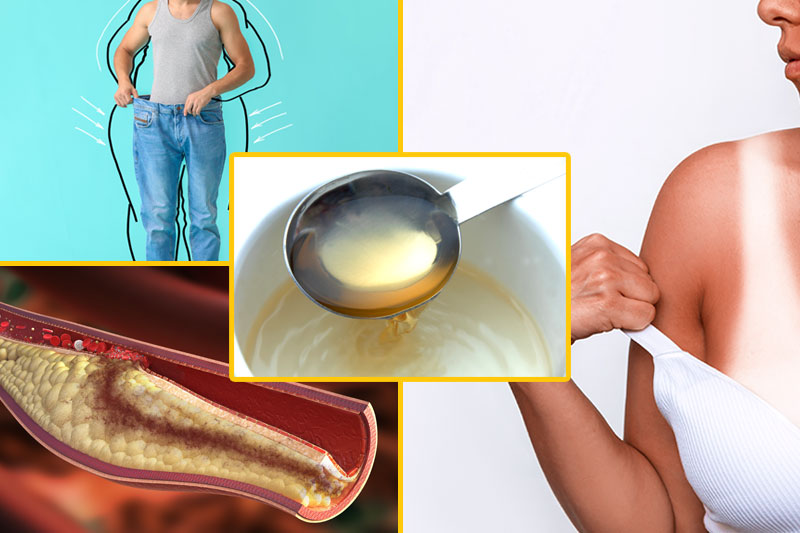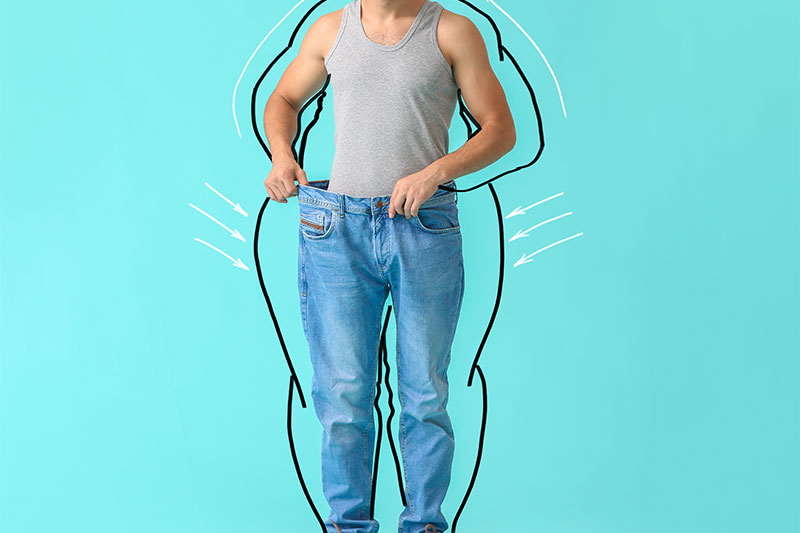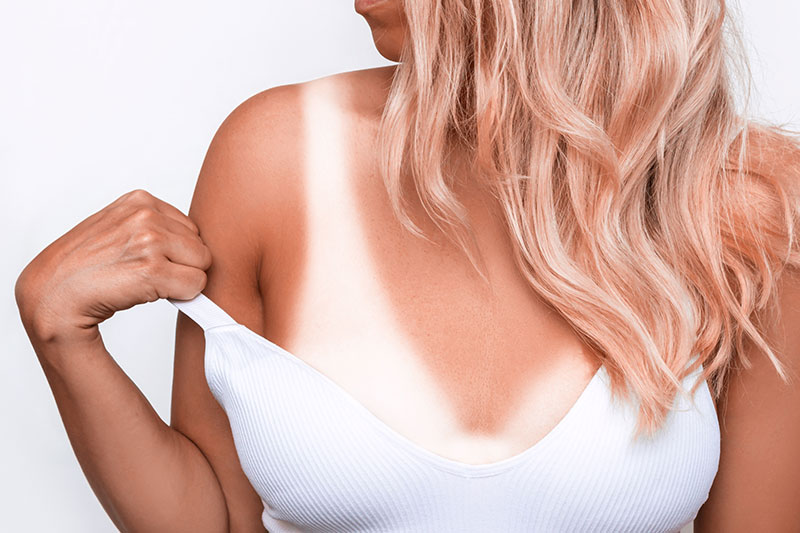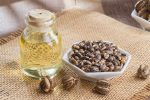
For more than 2,000 years, people have touted the widespread benefits of white vinegar. You may sing its praises as a powerhouse household cleaner. You may even mix it with water to create a dressing for your salads or to preserve vegetables and researchers aren’t finished experimenting yet. They continue to write additional chapters in the book. Thus far, they have accumulated an impressive list of what some of them call the “V effects.”
Cholesterol-Lowering and Anti-Obesity Effects

Your risk of suffering from cardiovascular disease hinges on many risk factors, including your diet, cholesterol level, blood pressure, level of physical activity and whether you smoke. Many of these factors are linked together. (For example, many people with high cholesterol also have poor diets.) Vinegar has been shown to reduce cholesterol and triglyceride levels. Consuming a tablespoon of white vinegar with a meal also can create a sense of fullness that could cause you to eat less, thereby reducing your risk of becoming overweight or obese.
Anti-Hypertensive Effect
Obese people are also at risk of developing high blood pressure (hypertension). The “acetic acid content of vinegar is reported to also cause an antihypertensive effect,” reports the Journal of Food Science, basically by relaxing the blood vessels.
Diabetes Effects
No physician is touting vinegar as an adjunct therapy for the treatment of diabetes or pre-diabetes – at least not yet. But the Journal of Food Science study also notes that “other positive health effects of daily consuming vinegar reported include improving blood glucose response, which would be of benefit to diabetic patients.” Put another way, vinegar could reduce the effects of diabetes.
Upper-Respiratory Effects
You may not want to plant a kiss on someone after you gargle with 1 tablespoon of vinegar mixed with 8 ounces of water. But your sore throat may not sting as much, either. Afterward, adding some vinegar to a vaporizer can help break up chest congestion.
Antibacterial Effects
Vinegar’s antibacterial properties make it conducive to treating facial blemishes. And as for those expensive, store-bought toners? They may be dwarfed by a cotton ball soaked with some white vinegar. The acetic acid and alpha-hydroxy acids in white vinegar help it function efficiently as a toner, tightening pores and leaving a fresh feeling.
Anti-Burn Effects

White vinegar is often used to treat and soothe a variety of skin burns and inflammations, including abrasions, minor cuts, rashes, insect stings and sunburn.
Anti-Fungus Effects
Most people keep toenail fungus under wraps. You may not have to after soaking another cotton ball with white vinegar and rubbing it into your toenails several times a day until the condition goes away.
Anti-Dandruff Effects
A dry, itchy scalp is often the first sign of impending dandruff, and vinegar can help soothe both maladies. Stir 1/2 cup of vinegar in 2 cups of water and rinse your hair with this mixture after shampooing.
Wash It Down With Water
The acidic qualities that can spawn these effects also can cause white vinegar to pack a powerful, sour punch. Always drink it with water and, to reduce the damage to tooth enamel, rinse your mouth out with more water immediately afterward. White vinegar has a long shelf life, but if you happen to notice some cloudy sentiment forming at the bottom of the bottle, don’t worry. It won’t dilute the effects.


